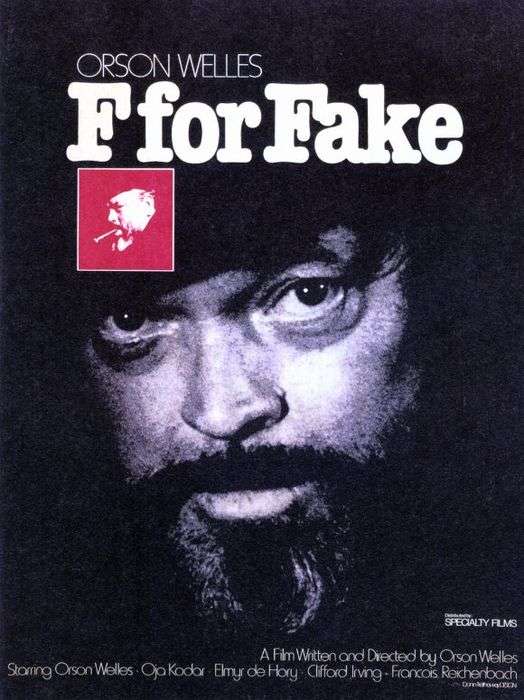When Everything Is 'Fake News'
Has the phrase reached its saturation point?


Yesterday an idiot fired a rifle in a D.C. restaurant because he was trying to investigate "PizzaGate," the latest, dumbest variation on the decades-old series of rumors that the country is governed by secret pedophile rings. (Fortunately, no injuries have been reported.) Since the gunman was inspired by a false story, his crime was promptly blamed on "fake news." Then some pundits tried to link his assault to Lt. Gen. Michael Flynn, Donald Trump's pick to be national security adviser, on the grounds that Flynn had promoted the PizzaGate story. But it turned out the general had actually been alluding to a separate conspiracy theory, so naturally the accusation against Flynn was then dubbed "fake news" too.
In the long-gone days of early 2016, fake news mostly meant clickbait sites that publish hoaxes, some with a satiric veneer and some just flatly aimed at tricking people; the stories could involve anything from Willie Nelson dying to a woman trying on tampons in a WalMart aisle. These days "fake news" still means that, but it also gets applied to highly partisan outlets that may be sloppy with their facts; and content factories that just don't care about their facts; and Russian disinformation campaigns, real or alleged; and pretty much any conspiracy theory that finds a foothold online. (Like PizzaGate.) Even a police sting got the "fake news" label last week because the operation included a deceptive press release. And of course it's also a phrase that people throw back in the mainstream media's faces any time the press botches a story.
In other words, "fake news" has become a catchall term for saying something false in public, otherwise known as the human condition.
This does not bode well for people who think they can find a fix to "the fake news problem," given that clickbait and rumors and disinformation and sloppy reporting and so on are all different things. They overlap, sure, but they're not the same phenomenon, and you're not going to find a one-size-fits-all solution to them—not unless your solution is "Introduce a little more skepticism to your media consumption habits." Of course, that's a good idea whether or not the news is fake.
